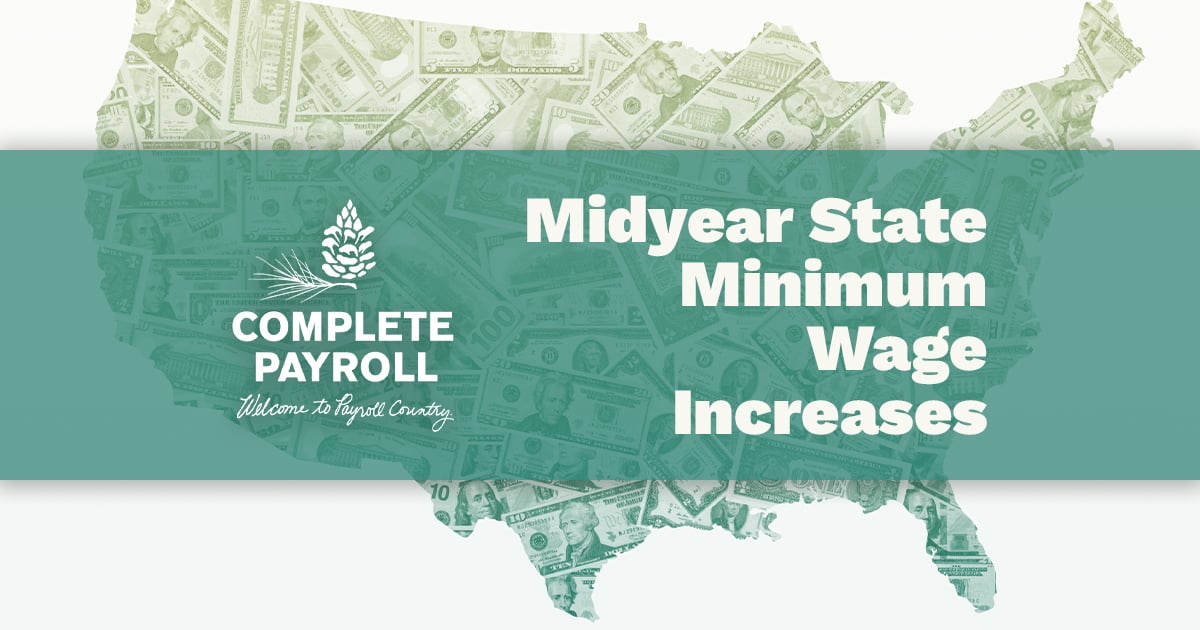Federal Retaliation Law
Overview of Law
A manager may not fire, demote, harass or otherwise "retaliate" against an individual for filing a complaint of discrimination, participating in a discrimination proceeding, or otherwise opposing discrimination. The same laws that prohibit discrimination based on race, color, sex, religion, national origin, age, disability and genetic information also prohibit retaliation against individuals who oppose unlawful discrimination or participate in an employment discrimination proceeding.
It is important to understand how retaliation manifests and to prevent it from occurring. If retaliation for such activities were permitted, it would have a chilling effect upon the willingness of individuals to speak out against employment discrimination or to participate in the Equal Employment Opportunity Commission's (EEOC's) administrative process or other employment discrimination proceedings.
It is obvious that the cause and effect of interpersonal conflicts can potentially implicate a legal process. This is particularly apparent with retaliation law because the legal standard requires an examination of the behavior after the allegation. The standard for proving a retaliation claim requires showing that the manager's action might deter a reasonable person from opposing discrimination or participating in the EEOC complaint process.
An assortment of Federal Acts that have been put into place that make workplace discrimination and harassment unlawful if it is based on race, color, age (over 40), sex, pregnancy, religion, disability, national origin, ethnic background, genetic information (including that of family members), military service, or citizenship or immigration status. See the general overview of the federal Equal Employment Opportunity laws here.
Got a labor law question?
Our team helps employers with labor law compliance every day. Complete the form below to ask a question or request some help.
General Disclaimer
The materials and information available at this website and included in this blog are for informational purposes only, are not intended for the purpose of providing legal advice, and may not be relied upon as legal advice. The employees of Complete Payroll are not


















